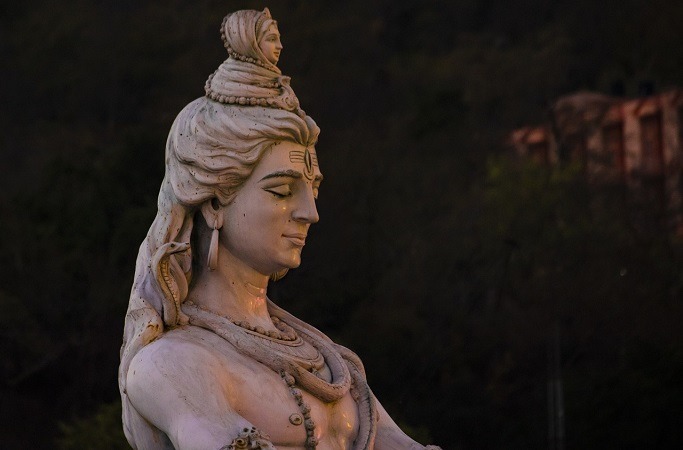The Hindu calendar is replete with various auspicious periods and sacred months, each carrying its own spiritual significance. Among these revered months, Shravan (also called as Sawan) holds a special place in the hearts of devotees. Falling between July and August, Shravan, also known as Sawan, is considered a highly auspicious month in the Hindu lunar calendar. This article explores the spiritual importance of the holy Shravan month and its significance in various Hindu traditions.
Associated with Lord Shiva:
Shravan month is primarily associated with Lord Shiva, one of the principal deities in Hinduism. Devotees believe that Lord Shiva’s divine energy is particularly accessible during this month, making it an ideal time for spiritual practices and seeking His blessings. It is believed that Lord Shiva performed the heavenly dance of Tandava during this period, symbolizing creation, preservation, and destruction. The month of Shravan is an opportune time for devotees to deepen their devotion and connect with the divine presence of Lord Shiva.
Observing Fasting and Austerities:
During the Shravan month, many devotees undertake fasting and observe various forms of austerity to seek spiritual growth and divine blessings. Mondays, known as “Shravan Somvar,” hold immense significance, and devotees often fast on these days. It is believed that fasting and engaging in acts of self-discipline during this month can cleanse the mind and body, helping individuals focus on their spiritual journey.
Worship of Lord Shiva:
Devotees visit temples dedicated to Lord Shiva throughout the Shravan month. Special rituals and prayers are performed, and offerings such as milk, honey, and bael leaves are made to the Shiva Lingam, the sacred symbol of Lord Shiva. These acts of worship and devotion are believed to bring spiritual merit and blessings, fostering a sense of inner peace and tranquility.
Significance of Holy Water:
Another distinctive feature of the Shravan month is the use of holy water. Devotees collect water from sacred rivers like the Ganges or nearby water bodies and use it for performing abhishekam (ritual bathing) of Lord Shiva’s idols or Shiva Lingams. The belief is that the water from these holy sources gains immense potency during Shravan, purifying the body, mind, and soul of the devotee.
Chanting Mantras and Reciting Hymns:
The Shravan month provides an auspicious time for the recitation of mantras, hymns, and prayers. Devotees engage in the chanting of “Om Namah Shivaya” or other sacred mantras dedicated to Lord Shiva. This practice is believed to create a sacred vibration, inviting divine energies and promoting spiritual upliftment.
Importance of Self-Reflection:
Shravan is considered a time for introspection and self-reflection. Devotees use this period to examine their thoughts, actions, and behaviors, seeking to improve their spiritual journey and lead a more righteous life. It is an opportunity to let go of negative traits and cultivate positive qualities such as compassion, gratitude, and devotion.
The Shravan month is a cherished and spiritually significant period in the Hindu calendar. It offers devotees an occasion to deepen their connection with Lord Shiva and engage in various spiritual practices. The fasting, prayers, worship, and self-reflection observed during this month aim to purify the mind, body, and soul, and bring individuals closer to the divine. By immersing themselves in the spirit of Shravan, devotees seek blessings, guidance, and the eternal bliss that resides within the core of their being.

























































